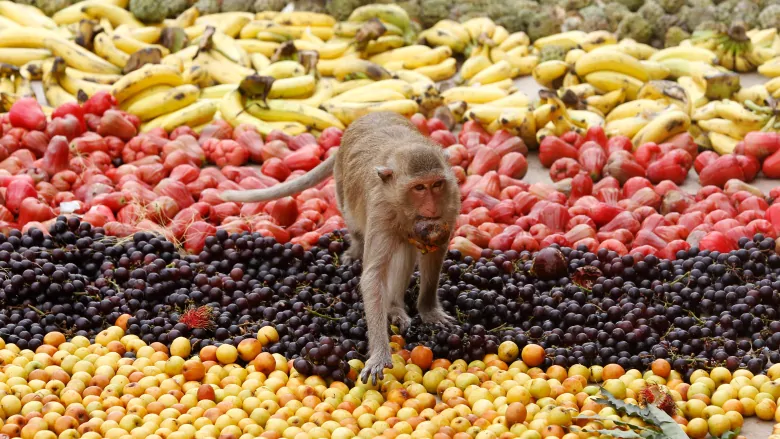Fruit Colors Evolved To Match The Vision Of Local Animals

Have you ever wondered what determines the color of fruits? Scientists asked themselves this question and a recent researched aimed to offer an answer. It appears that the color of a fruit usually matches the vision of local animals.
Researchers believe that plants rely on animals to spread their seeds by eating their fruits. However, in order for this to happen, animals must eat the fruits while they are ripe. When it comes to animals, “they don’t want to waste their time and energy on trying a fruit that turns out to be unripe and not tasty at all or nutritious at all.”
The leaders of the research team are Omer Nevo, who is a postdoctoral researcher at the University of Ulm in Germany, and Canadian biologist Kim Valenta, who is currently an assistant research professor at Duke University in Durham, N.C., previously at McGill University.
Plants are signaling the animals
Since animals see colors differently from humans, researchers had to use the “animal vision” when they tested their hypothesis. They used a spectrometer in order to do that. When it comes to predicting the way animals see colors, the research team received help from Amanda Melin, a University of Calgary researcher. She spent years determining the way animals perceive color, based on the DNA in their feces.
In order to check whether their theory is correct, scientists picked fruits enjoyed by certain animals, and they compared their colors to the color vision of each animal. The results were exactly what they were hoping for. “It’s rare that you have a hypothesis and you test it, and you get exactly what you expect,” Nevo declared.
The German Science Foundation, the Natural Sciences and Engineering Research Council of Canada and the Canada Research Chairs program were the ones supporting this research.
0 comments